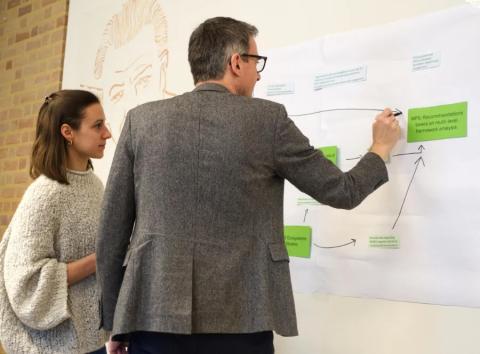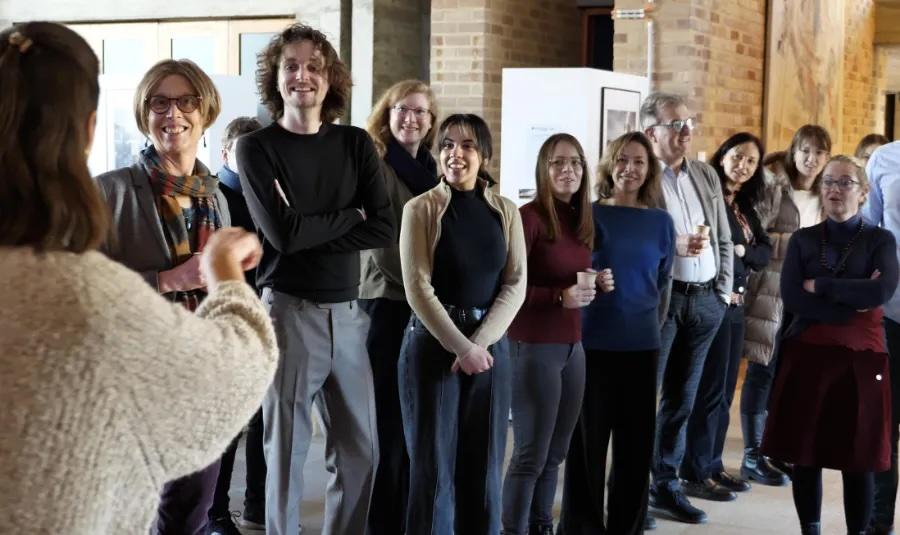The European project WISESHIFT (Work Integration Social Enterprises for Inclusive and Sustainable Socio-Economic Transition) is a Horizon Europe-funded initiative running from March 2025 to February 2029. It brings together 13 partners from eight countries to strengthen the role of Work Integration Social Enterprises (WISEs) as catalysts for inclusive and sustainable socio-economic transitions across Europe.
WISEs are organisations that facilitate the integration of individuals facing barriers to employment, such as long-term unemployment, disabilities, or social exclusion. They operate in various sectors, including recycling, agrifood, and community care, providing meaningful work opportunities and fostering social inclusion.
The WISESHIFT project aims to:
* Conduct a comprehensive analysis of WISEs and their implementation of work integration pathways for vulnerable workers across the 27 EU Member States and Serbia
* Perform in-depth case studies of 24 WISEs in three key sectors: repair, reuse, and recycling; agrifood; and community/home care for the elderly
* Identify organisational factors that make WISEs "inclusive and sustainable by design" using the Multi-Level Perspective
* Develop a comparative and multi-level framework to address policy and regulatory challenges faced by WISEs and the broader social economy.
Leading the scientific coordination of WISESHIFT is Professor Marthe Nyssens from UCLouvain (Belgium). The Institute of Labour Economics and Industrial Sociology (LEST-CNRS) and Aix-Marseille University are involved in this project through the participation of Francesca Petrella and Nadine Richez-Battesti, both professors of economics at Aix-Marseille University and researcher at LEST. Francesca Petrella and Nadine Richez-Battesti have extensive experience in social economy studies, particularly focusing on governance, public policy, and quality of work in social economy organisations.
Through WISESHIFT, the project aims to develop evidence-based strategies and policy frameworks that enhance the capacity of WISEs to act as agents of systemic change. By identifying best practices and addressing regulatory challenges, WISESHIFT seeks to inform policymakers and support the scaling up of inclusive and sustainable social enterprises across Europe.
For more information about the project and its developments, visit the official WISESHIFT website

Photos © Emek Filogullari Benítez, EMES Network
